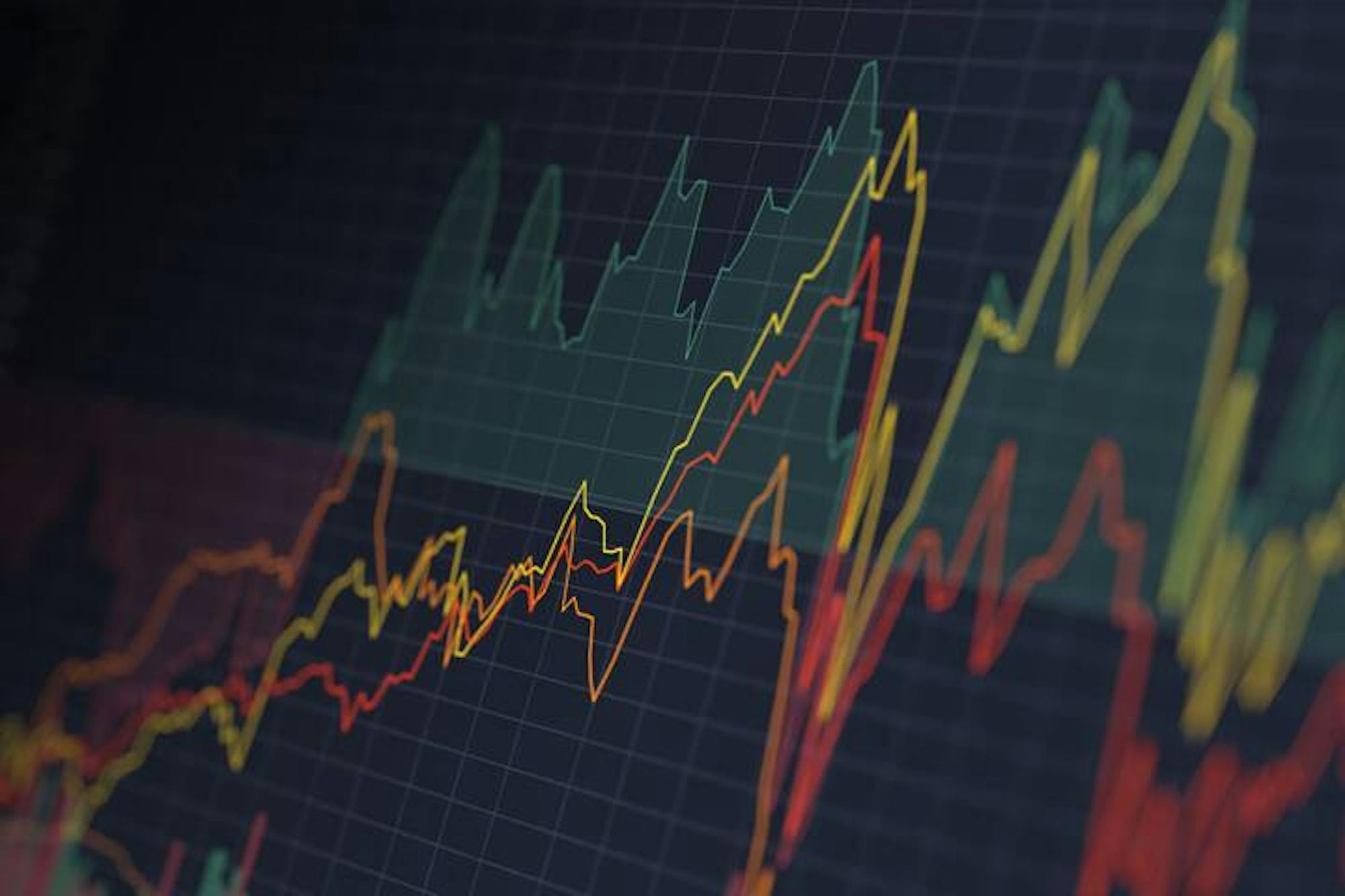Last week, the Labor Department reported that the Consumer Price Index, a common measure for inflation, rose 3.5% in March compared to last year. This comes as traders have grown more conservative about how many interest rate cuts they anticipate for fiscal year 2024. When the Federal Reserve raises interest rates, many forms of debt, including student loans and mortgages, become more costly for consumers. For context, inflation for February was 3.2%. The 0.3% increase has called into question whether the Federal Reserve is in a position to cut interest rates at all, especially since doing so could cause an economic slowdown if inflation were to rise. Furthermore, this inflation report marks the third straight month of hotter-than-expected inflation rates, which erodes any chance of the Fed cutting rates in the near term. Regarding the economy, the Fed appears just as confused as consumers.
It will take a great deal of restraint for inflation to return to the desired 2% target. The government must reign in spending. The U.S. crossed the $34 trillion threshold for federal debt earlier this year, and the Biden administration seems hesitant about spending cuts. The significance of this milestone was augmented by the downgrading of the U.S. credit rating from AAA to AA+. This means that the U.S. has fallen in its creditor reliability. Fitch Ratings, the agency responsible for the downgrade, wrote that the demotion reflects “a high and growing general government debt burden.”
Biden has signed executive orders that drastically increased the deficit and also championed the passage of the American Rescue Plan, which cost an estimated $1.85 trillion. The current level of spending, combined with an increased debt burden, poses a long-term threat to the broader U.S. economy. Biden, Congress and future administrations need to scale back.
What I find most surprising about the current situation is how badly our leaders have handled it. I believe that Secretary of the Treasury Janet Yellen and chair of the Federal Reserve Jerome Powell have done a subpar job containing inflation and predicting economic metrics. Not that modeling out future data is easy, but the treasury secretary and Federal Reserve chair should have a better grip on things. Many will remember Yellen’s remark in 2021 that inflation would be “transitory,” which she later walked back after inflation continued to persist longer than a few weeks before coming down. Furthermore, Powell has said that the Fed is continuing its data-dependent approach to interest rate hikes, emphasizing long-term trends rather than short-term immediate data. This implies that Fed’s decisions will be reactionary to new economic data and trends when it comes to making policy decisions. According to Jim Caron, a senior member of the Morgan Stanley Investment Management Global Fixed Income team, by “data dependent, [the FED] mean[s], we’re not sure.” Furthermore, according to a Bloomberg article, Powell and his colleagues “really don’t have a clue what’s going to happen in the economy. They’re shooting in the dark.” Anyone remotely concerned with the short-term macroeconomy should be extremely concerned.
While the stock market might be sturdy, the broader economic picture is bleak: $34 trillion in debt, 3.5% inflation and a downgraded credit rating are just some lowlights. The U.S. dollar, the currency king, is no longer attractive to some countries like China and Brazil, who instead are seeking out alternatives with fewer geopolitical risks and better economic dynamics.
I believe the U.S. economy is on the brink of crisis — the only problem is no one knows how grave it could be. Yellen and Powell appear clueless as to the duration of inflation and heightened interest rates. Additionally, a recent Wall Street Journal poll of seven key swing states found that Biden is trailing Trump in six of them, in large part due to “broad voter dissatisfaction with the national economy.” It’s no wonder the Babylon Bee satirically posted “White House Announces Inflation Doing Great If You Hold The Chart Upside Down.” Even worse, Biden, according to aides, questions the validity of several poll findings related to many aspects of his policies. This is a huge problem because the commander in chief should be in tune with the American people and how they feel. He should not disregard his voters when they raise concerns about the severity of economic data.
Biden needs to do a better job working with the Federal Reserve to get the economy back on track. In other words, he needs to cut back on spending so that the Fed can lower rates and stabilize the economy. The relationship between the government and the Fed should be harmonious, not discrepant. Getting inflation under control and interest rates back down would allow businesses to thrive, more people to buy homes and consumers to better afford their groceries.
The data and polling both support the idea that the economy and the president are not performing adequately. In order to get the economy back on track, the president needs to acknowledge the polls and the feelings of the American people or step aside for someone who can.






